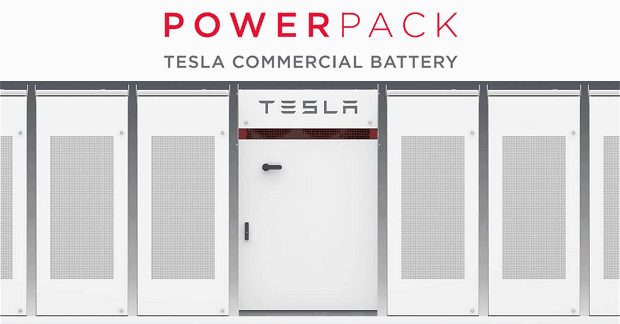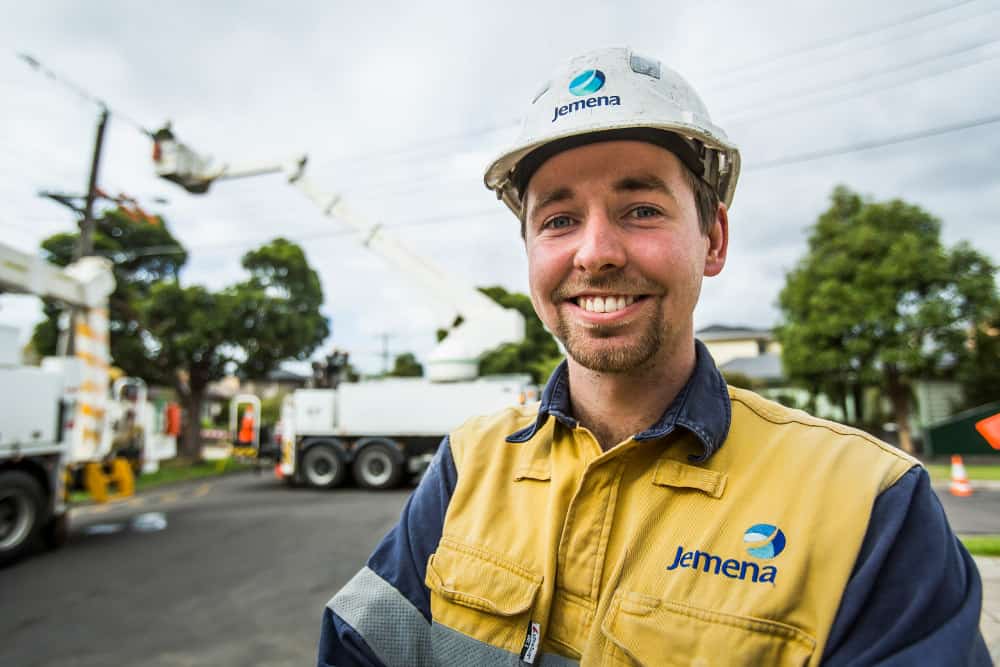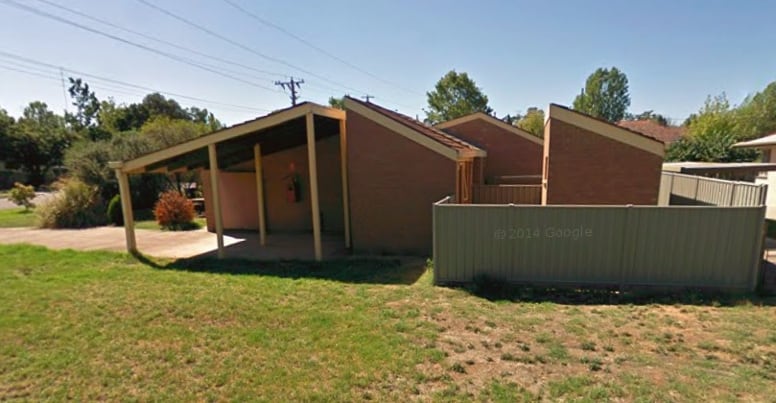Redflow CEO Simon Hackett has shifted his Tasmanian sheep and cattle farm to a new power source – a 100kW ground mounted solar microgrid using 27 Redflow ZBM2 batteries. Nice to see the bosses eating their own dog food. Let’s take a look at the project and what their future plans are for it.
Redflow – ZBM2 Microgrid in Tasmania for Hackett
Hackett, the owner of Redflow, will use an initial deployment of 27 ZBM2 batteries, storing as much as 270 kilowatt-hours (kWh) of energy, interfaced to a large fault-tolerant cluster of 12 x Victron Quattro 48/15000 inverter/chargers.

“The project, with an overall budget of around $1 million, will include the building of a new site-wide microgrid. This will use new underground power interconnects to link seven distinct buildings across the whole property,” Hackett said in a statement. He went on to discuss the existing situation at the sheep and cattle farm he owns:
“We already have a Tesla Model S at the property and we plan to progressively replace our existing fleet of diesel farm ATVs, utes, and tractors with electric versions as soon they become available,” he said.
“We read with interest earlier this year that Toyota is committed to making electric HiLux 4WD vehicles and we would love to take delivery of the first of those to reach Australian shores.
Hackett explained that the Microgrid has myriad future plans and will be scalable:
“We can and will add more renewable energy generation using solar and/or wind if required in the future. Even after the full replacement of diesel vehicles with electric ones, we expect the property to be a net exporter of electrical energy to the Tasmanian grid,” he said.
Lastly, Hackett is very optimistic (mind you, he’d want to be) about the installation – we’re very interested to see some figures on how much it saves:
“I am convinced, based on my deep experience with Redflow, that ZBM2 batteries at the core of this energy system can deliver the hardworking energy storage and longevity to make this investment pay off over the long term,” he said in comments made last week.
Click here to read the original press release on Redflow’s website, entitled ‘Redflow receives order for ZBM2 batteries to power rural microgrid in North West Tasmania’.





